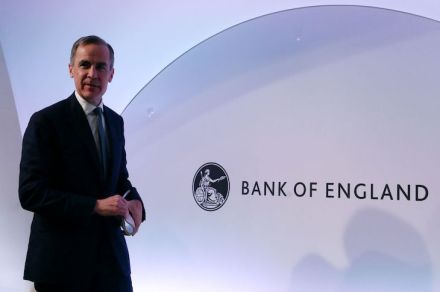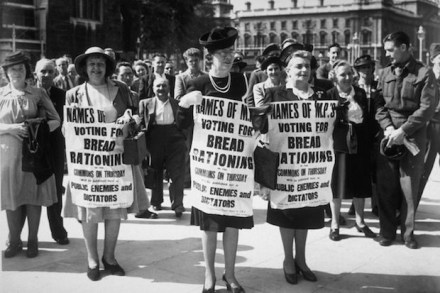Is there any point listening to the Bank of England’s growth forecasts?
The Bank of England today downgraded its forecast for UK GDP growth in 2019 from 1.7 per cent (a forecast it made in November) to 1.2 per cent. That is a chunky fall, but really, does anyone really care? As I have pointed out here many times before, the Bank’s record for forecasting is pretty lousy. The past year has been no exception. What has caught my eye is just how over-optimistic it was about Euro area growth a year ago. In its inflation forecast in February 2018 the Bank foresaw GDP growth in the Eurozone over 2018 running at 0.75 per cent per quarter. In the event, growth slowed dramatically





















